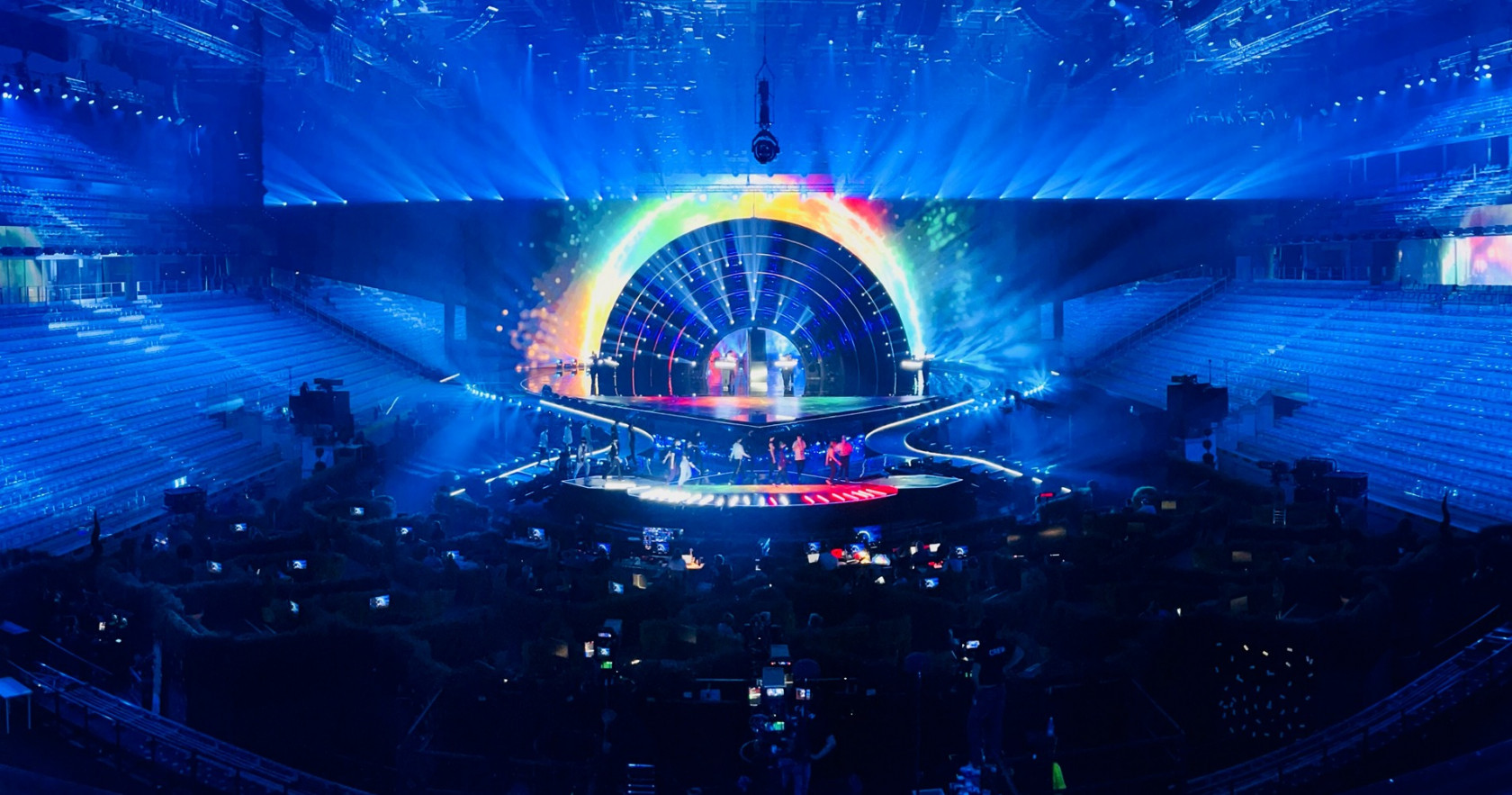
BBC News reported that due to Russia’s expulsion from the competition over the invasion of Ukraine, the financial burden of their absence has fallen to other countries, with Montenegro and North Macedonia the first to pull out from the event in Liverpool.
It is understood other countries have also considered withdrawing over the rising cost.
Each year, broadcasters have to pay a fee to take part in the competition, though the amount varies depending on the size of the country. Russia was a large financial contributor.

RTCG, Montenegro’s public service broadcaster, said in a statement: “In addition to the significant costs of registration fees, as well as the cost of staying in Great Britain – we also faced a lack of interest from sponsors, so we decided to direct existing resources to the financing of current and planned national projects.”
In a separate statement from MRT, the broadcaster in North Macedonia said “the increased registration fee for the participation” and the ongoing energy crisis were cited as reasons for pulling out.
Eurovision’s organisers, the EBU said it was “committed to keeping the costs of taking part as affordable as possible” and its fees are “calculated based on the number of countries competing” while taking into account “the member’s relative size and financial status.”
The BBC are expected to spend between £8m and £17m to stage the event, which will take place in Liverpool in May 2023.
The full list of countries competing is expected to be released later this week.




